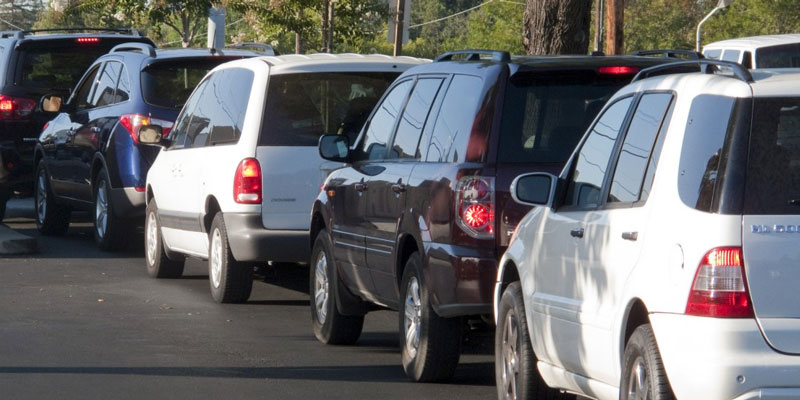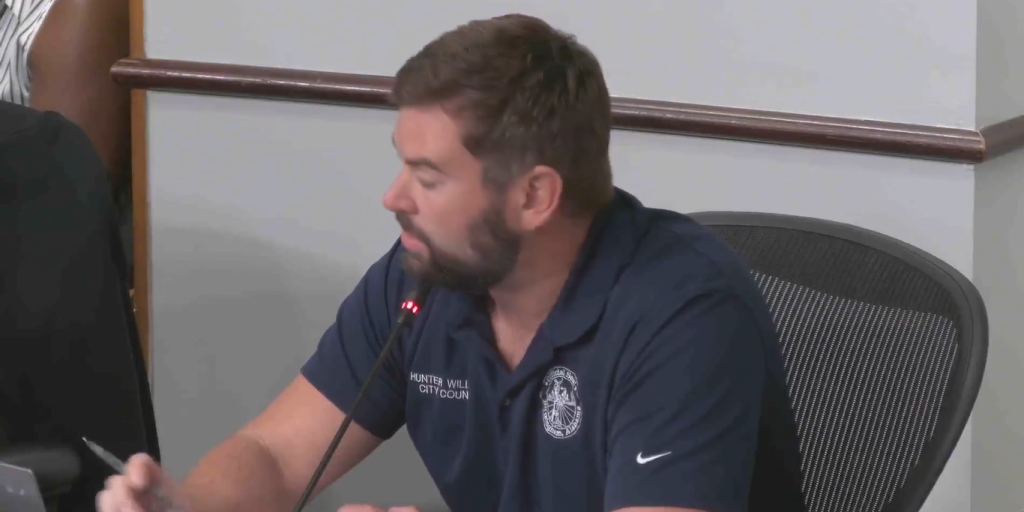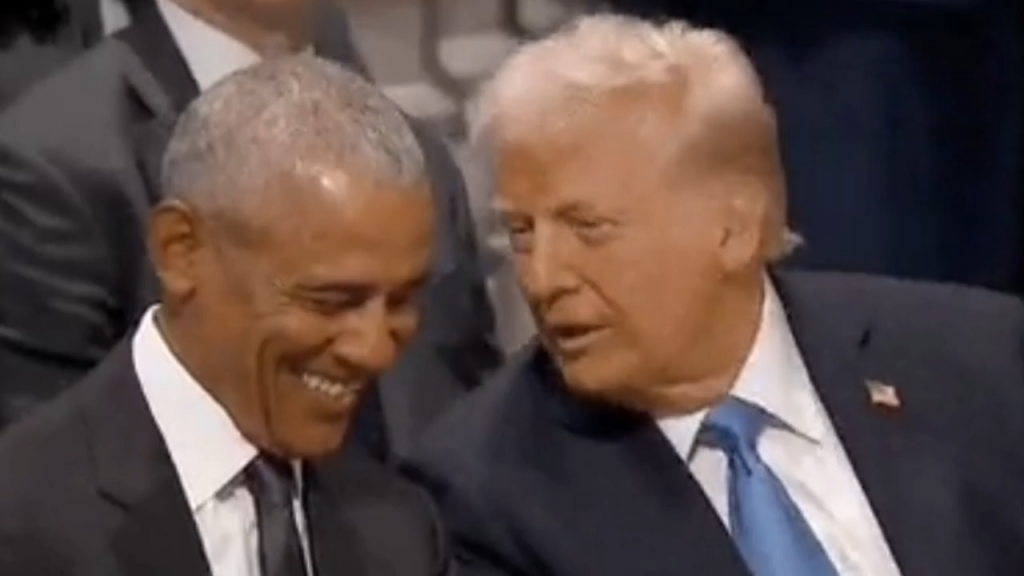Our school district does not provide school bus service, so parents must take their children to and from school each day. Waiting in line to pick up our children provides a first-hand lesson about an important category of economic contests.
Troy Elementary School dismisses students at 3pm. I always want to be one of the first parents in line when I pick up my son. Chuck then gets perhaps an extra ten minutes at home. And I show him that he is important enough to me that I will make time to be first in line.
Only try as I might, I have not yet this year gotten close to the front of the line. Even arriving 30 minutes early is not enough. The people of Troy love their children very much, which makes Troy a great place to live. We also seem to have very flexible schedules.
As a group, we parents face a reality: only one person will be first in the pickup line. The line is an example of what economist Robert Frank labeled positional goods – where we care about our position relative to others. The pursuit of positional goods can be wasteful.
Life features many positional goods. Black Friday, the day after Thanksgiving, is traditionally the biggest shopping day of the year. Some people line up well in advance of the store openings to show that they are the most serious shoppers. At the college I went to, students had a tradition of camping out in advance of hockey season tickets going on sale. The first students in line were the most serious supporters of the team.
Positional goods can involve other forms of competition. Neighbors sometimes engage in positional contests to put up the most amazing Christmas light and decoration displays. The costs include the decorations and higher electricity bills. Having the newest, latest, and shiniest computer, big screen TV, or car is a positional contest as well.
Competition in positional contests uses scarce resources just trying to move ahead of others when in the aggregate this isn’t possible. Even if parents waited all day in line after dropping off our children, only one would be at the front of the pickup line. Everyone engaged in a positional contest might agree that we would be better off spending less time and money.
And yet our incentives work against us here. If all other Troy Elementary School parents arrived at 2:55pm, I would show up at 2:50pm. Economist Thomas Schelling explained how sometimes people might choose to have someone limit our freedom to compete. Government can perform this role, or associations which can enforce rules on their members.
Two factors complicate limiting competition. First, competition may also improve contest quality. Consider high school football. Winning has a positional element – only one team can win the state title in each class each year. Extra practices, voluntary off-season workouts, and attending college camps may be seen as providing only a relative advantage. Yet this might also increase the quality of play, benefitting fans, coaches, and the players. A pure positional contest has no element of quality.
Beyond this, working hard in pursuit of our goals is an important part of life. The players may enjoy working hard together during the offseason and may be building life-long friendships. The freedom to outwork others is integral to America’s opportunity society.
To see this, imagine if students were not allowed to prepare for the SAT exam. An SAT score affects college admissions and scholarships; it matters for life. Aptitude tests do have a positional element. All students spending $1,000 on prep classes may not change their percentile rankings. Yet being denied the freedom to study hard and improve one’s performance seems profoundly unfair.
We need to be aware of positional contests, of the times in life where we simply are trying to get ahead of others. We may want to accept limits on such contests to curb wasteful competition. But we also need to remember that the freedom to work and create opportunities for ourselves is a crucial part of life.
Daniel Sutter is the Charles G. Koch Professor of Economics with the Manuel H. Johnson Center for Political Economy at Troy University.













